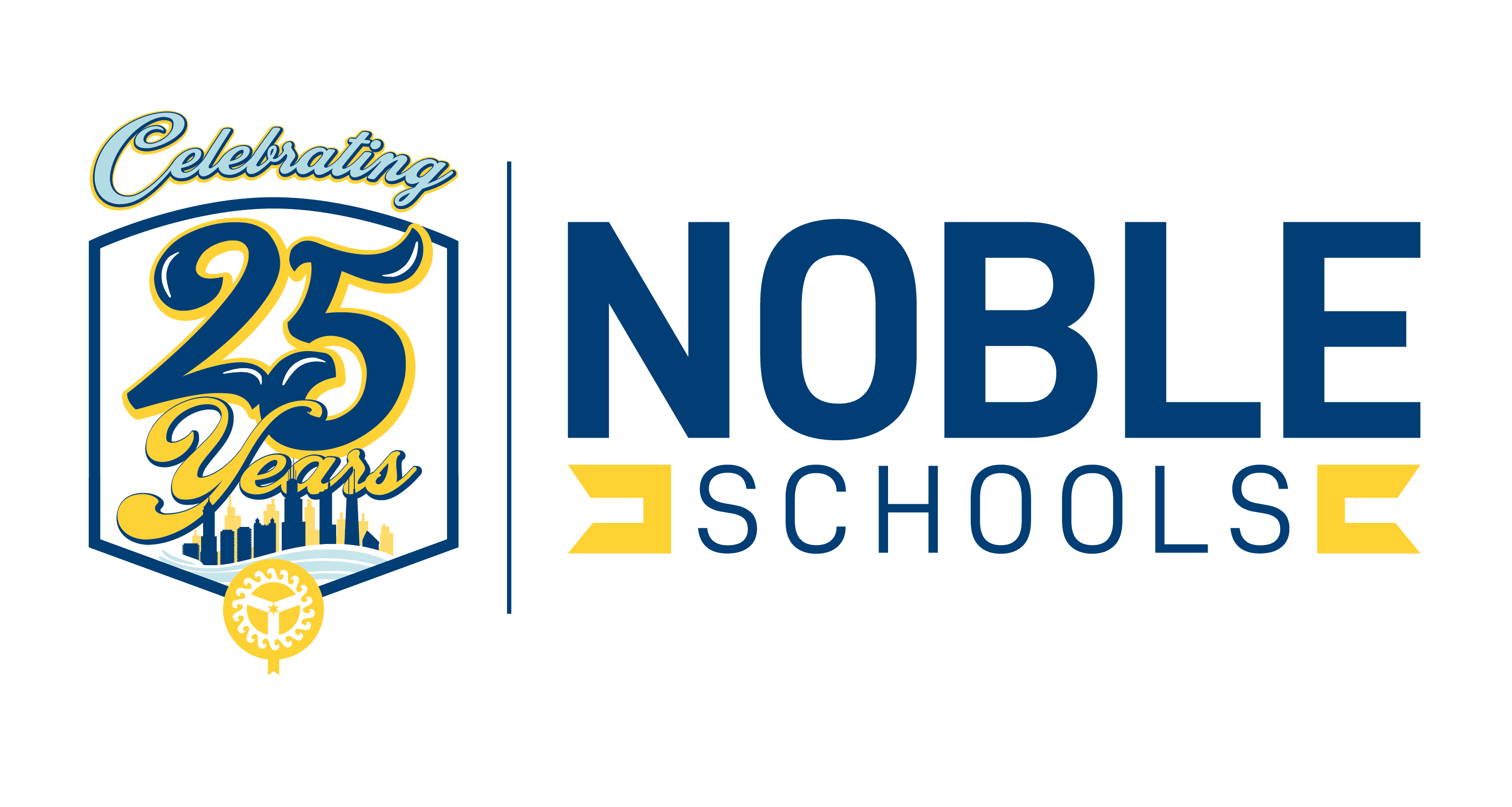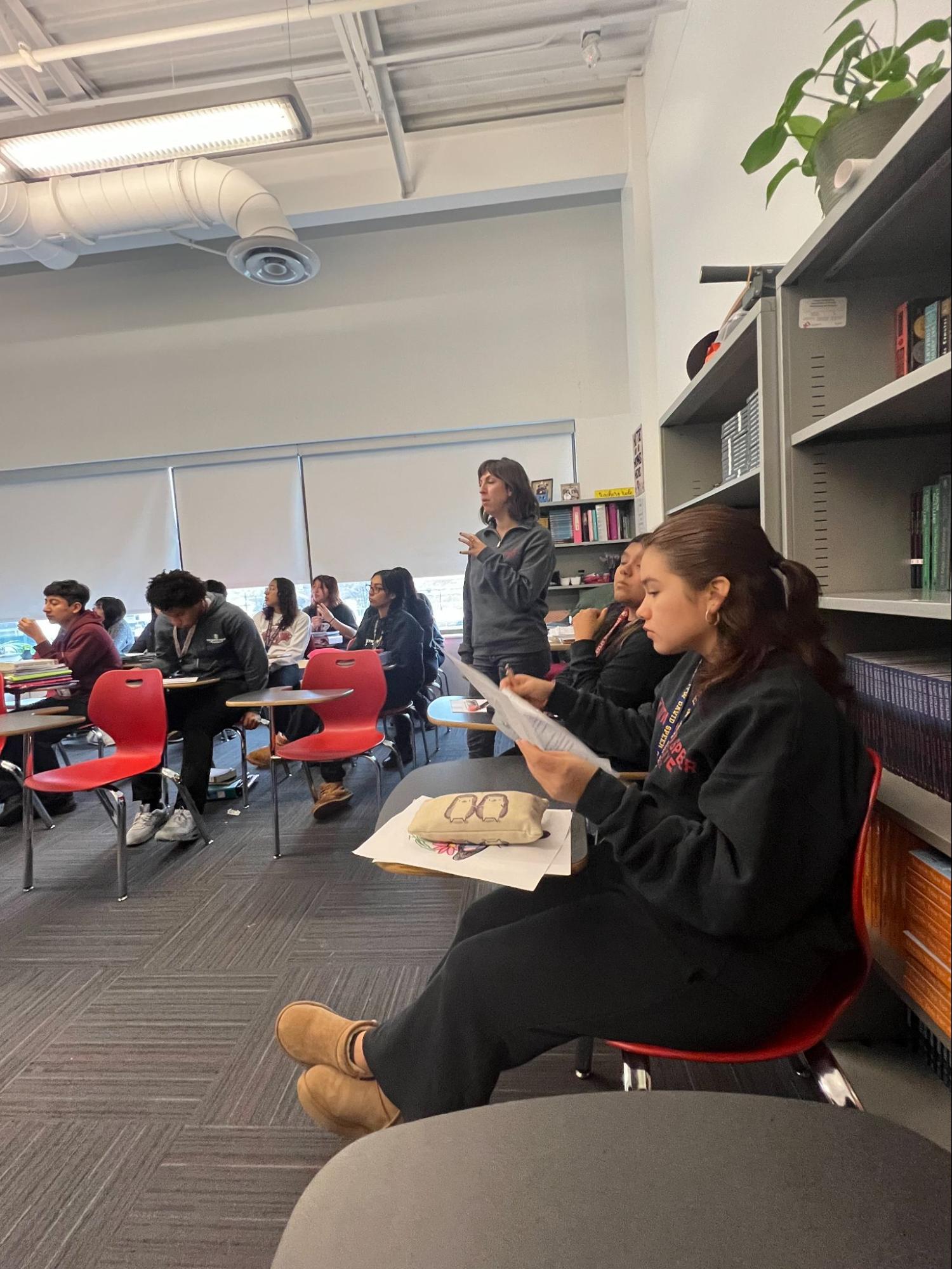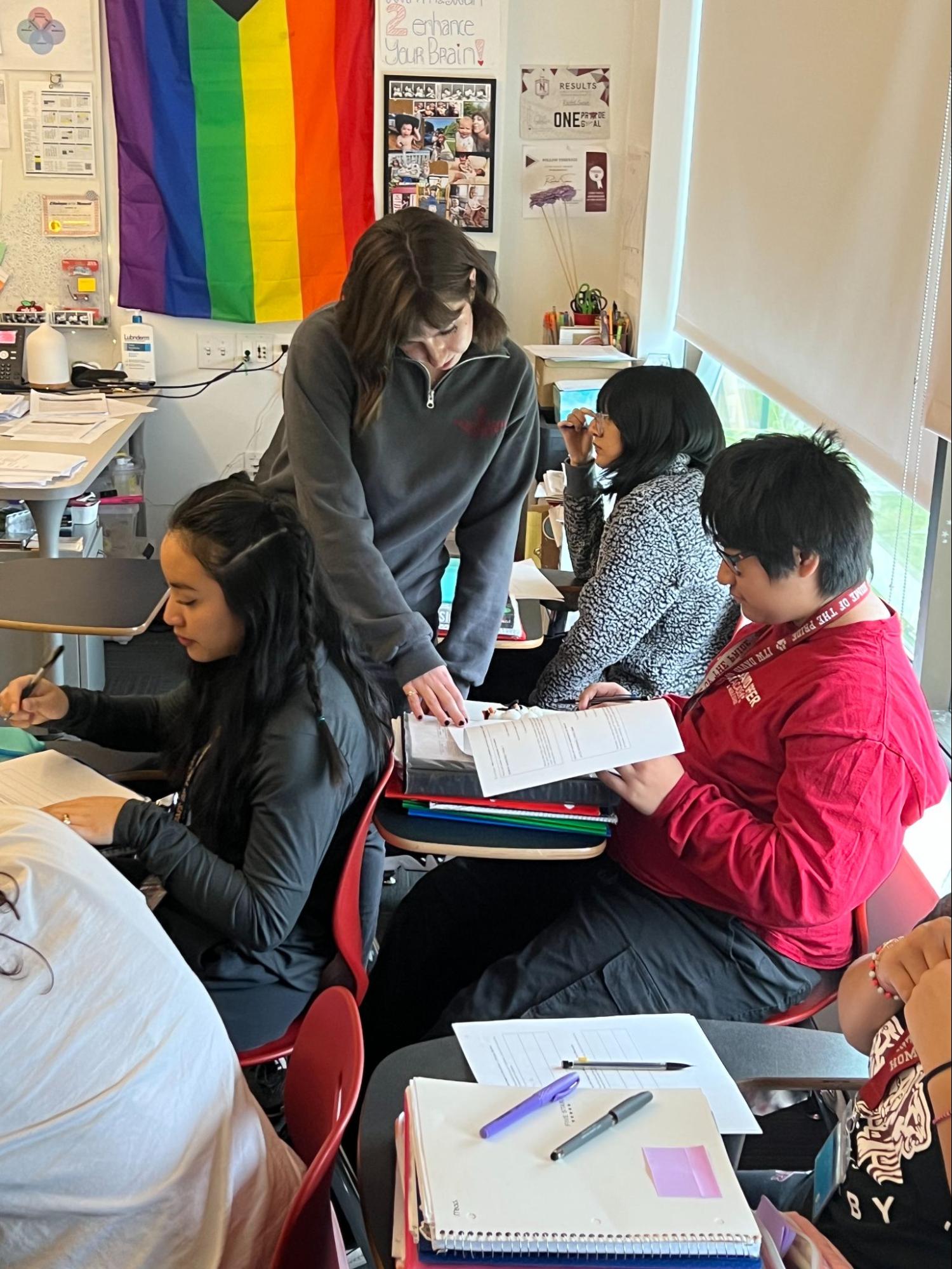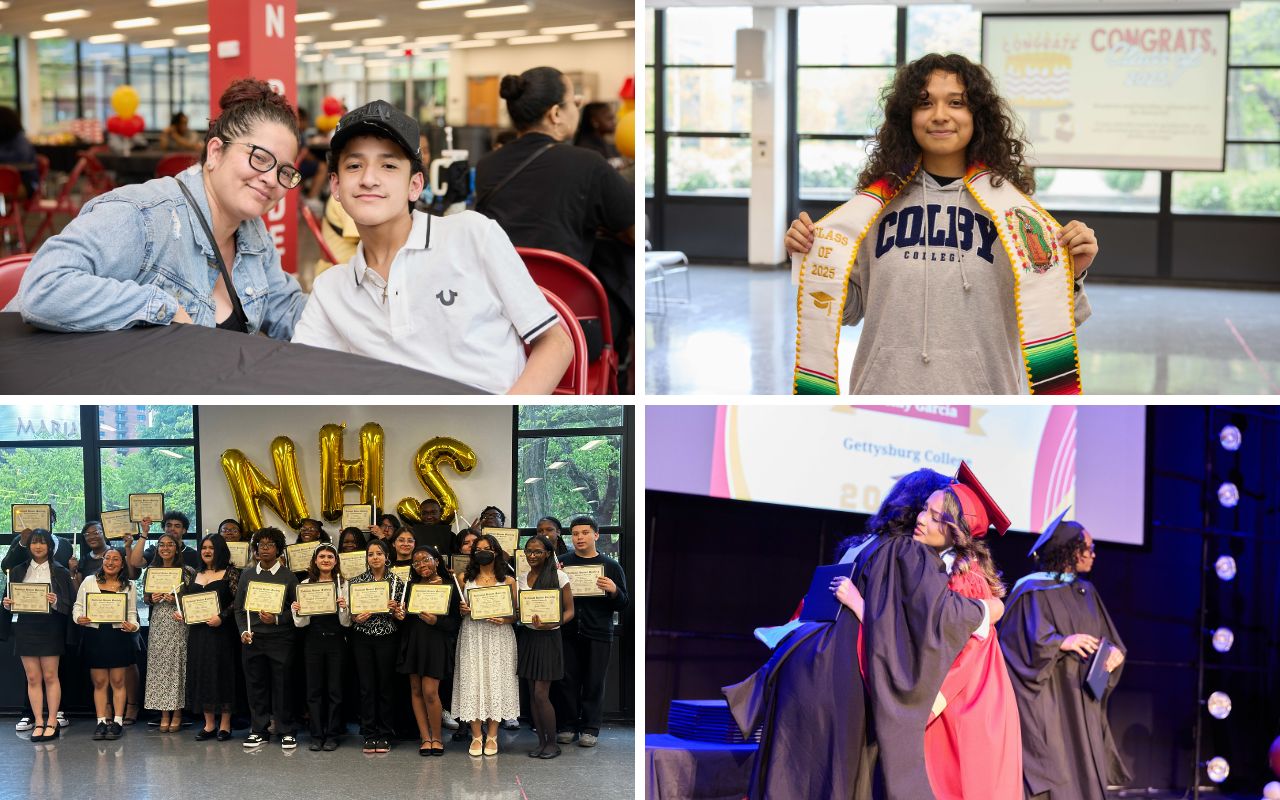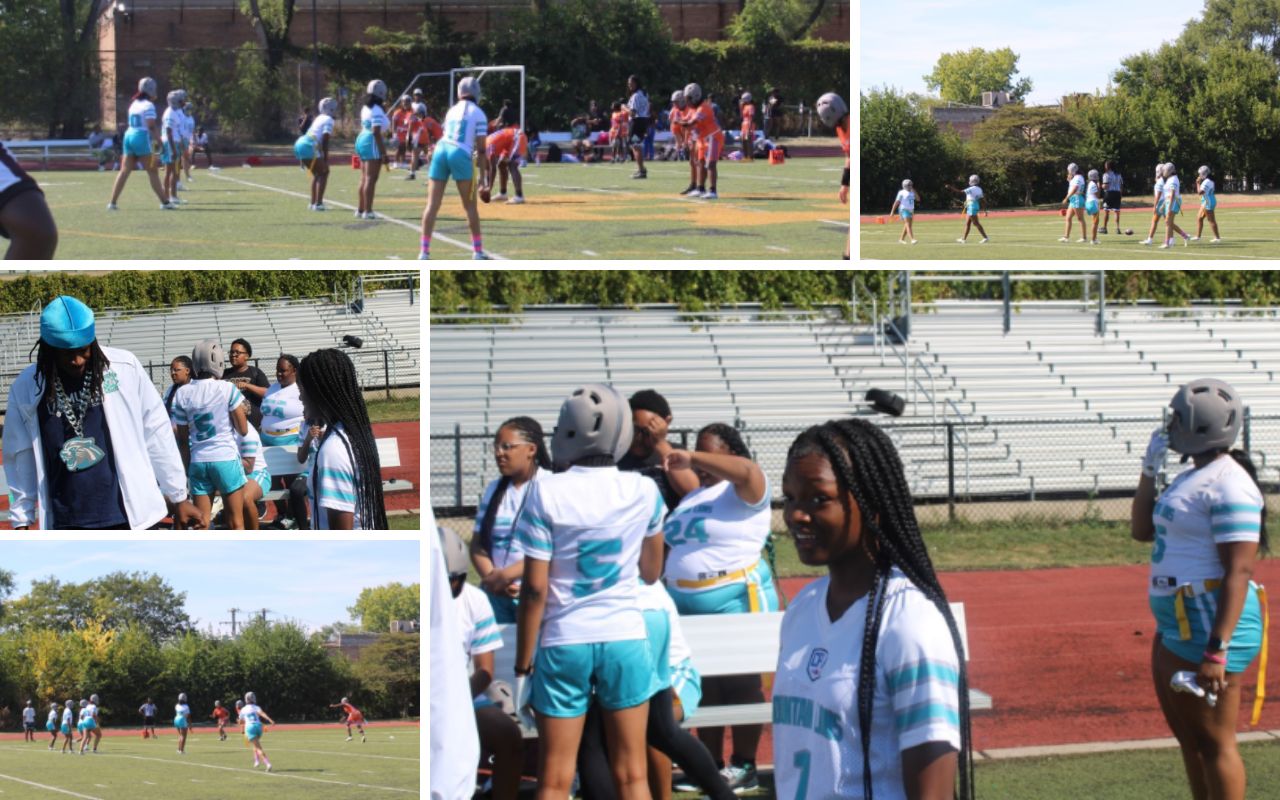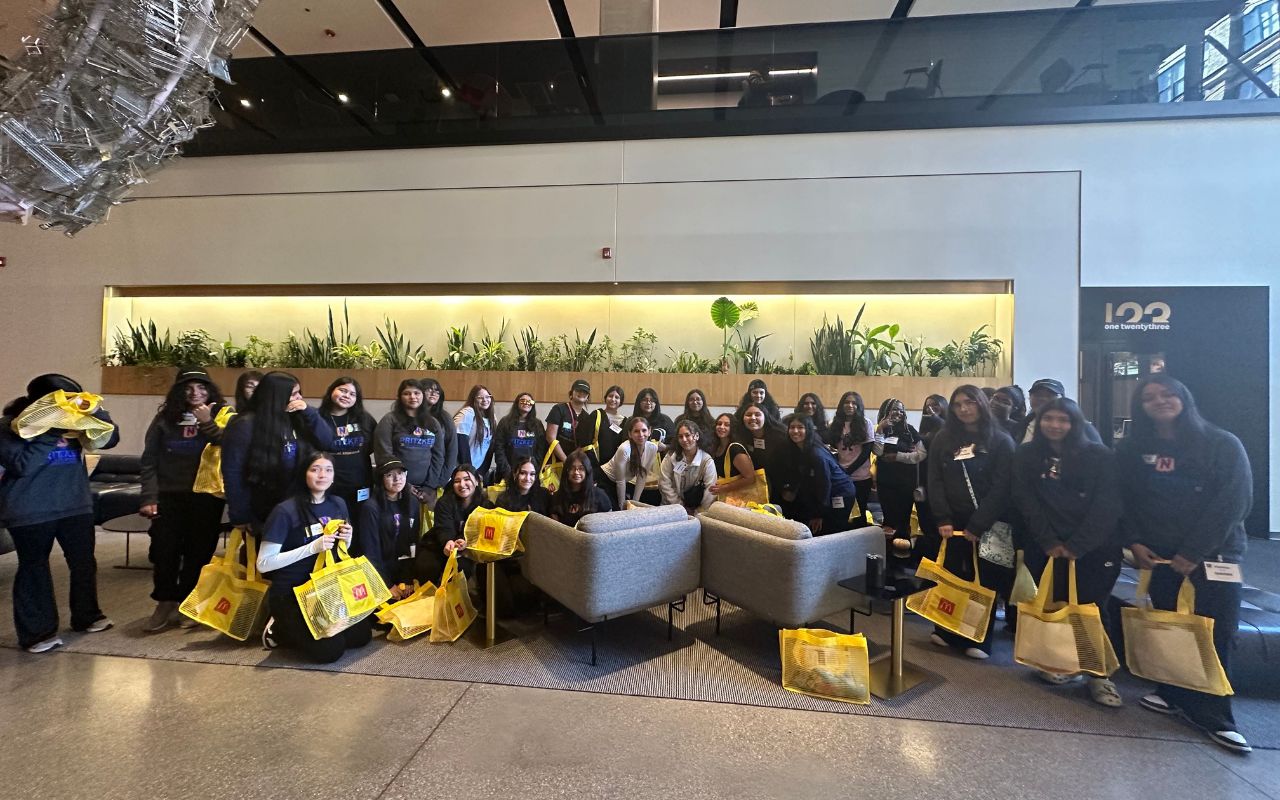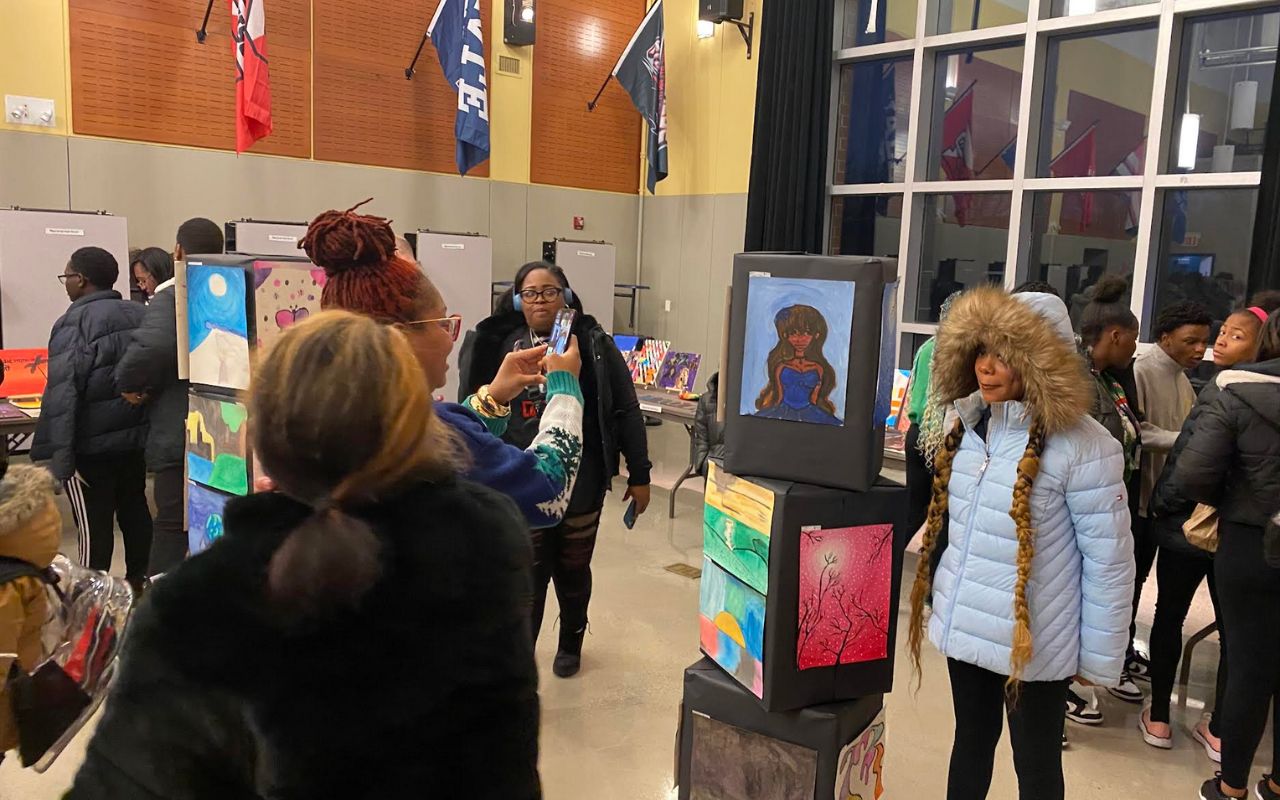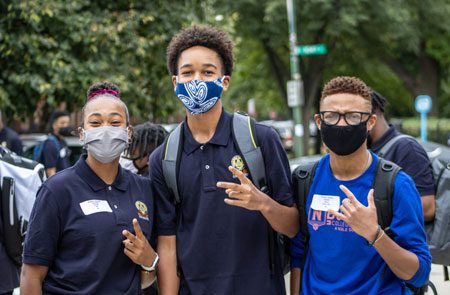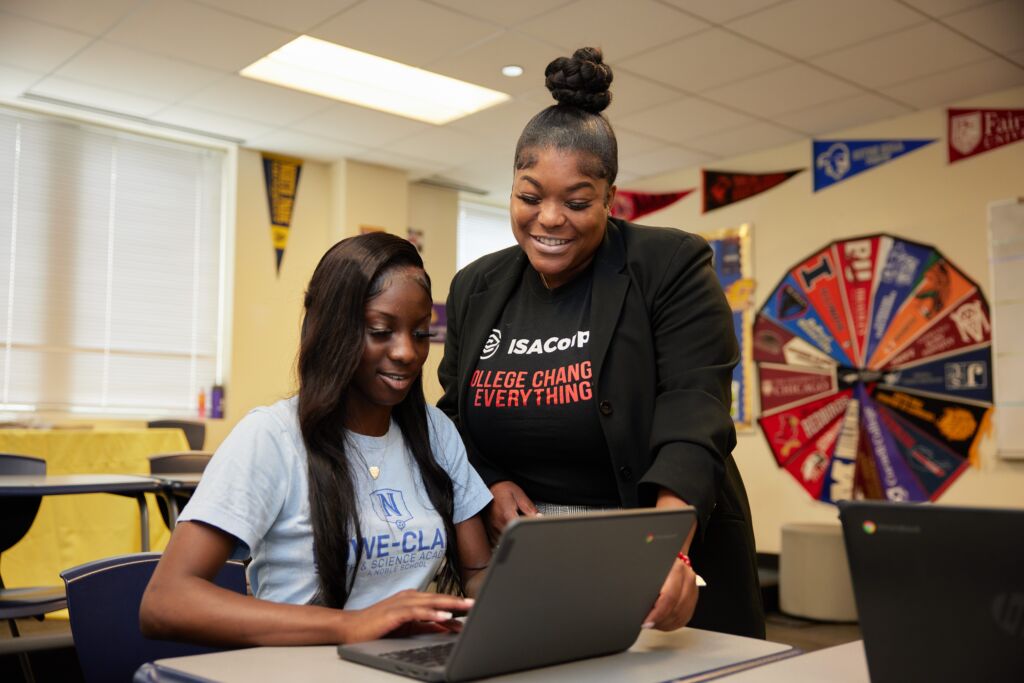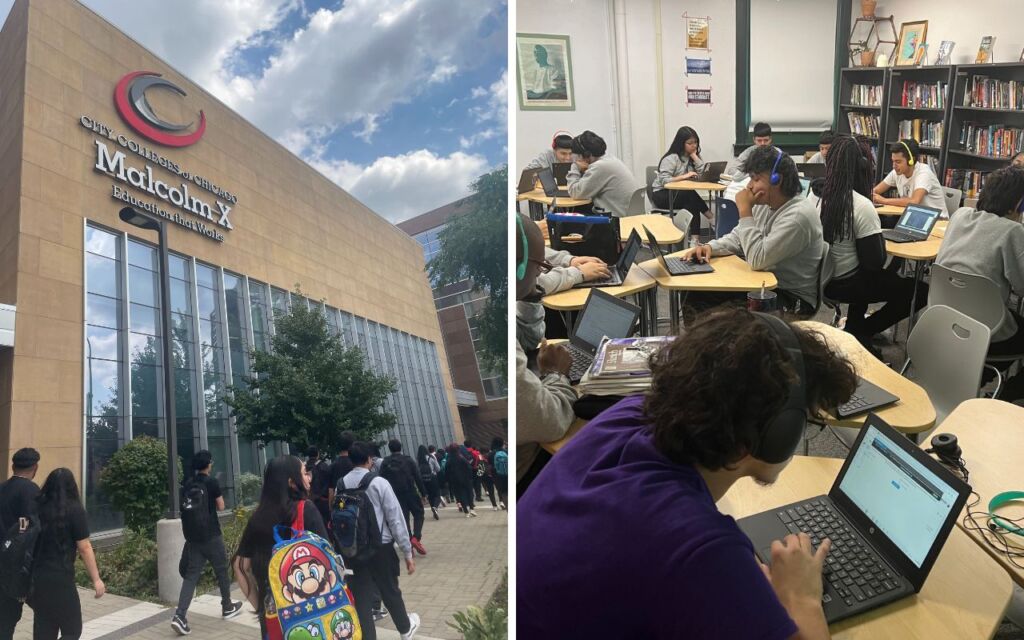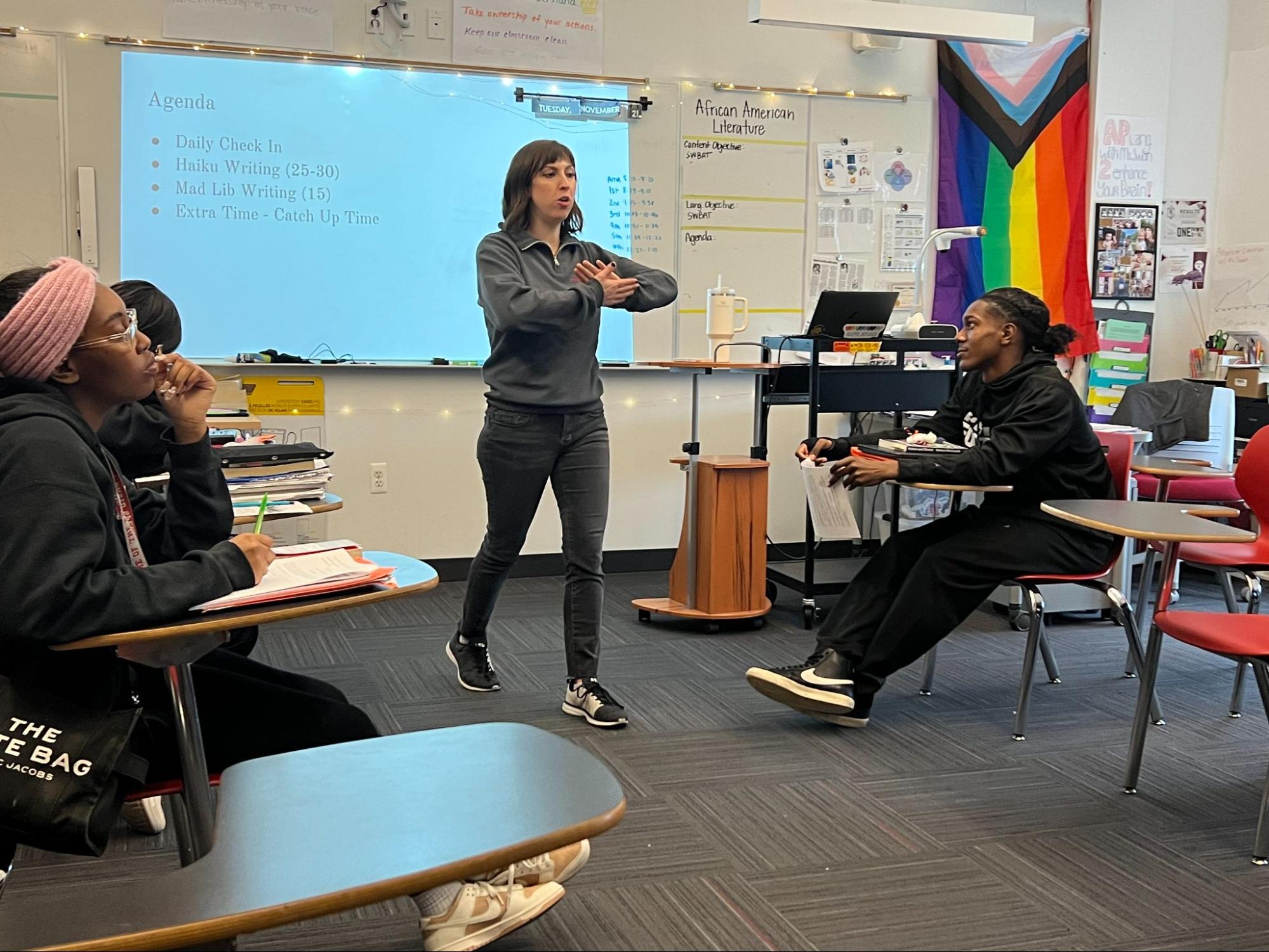
How do you measure the impact of an educator? A classroom? A curriculum? In Rachel Swain’s 11th-grade Advanced Placement (AP) English classroom, the answer is always student-centered.
“If students are having real conversations, if students are engaging in meaningful writing, if students are taking ownership over the space their learning takes place, if students feel agency, and if they see themselves reflected in their learning, then I believe I have provided the conditions necessary to at least begin to have an impact on students,” Swain said.
Swain is an 11th-grade English Language Arts (ELA) educator entering her third year at ITW David Speer Academy and her ninth year overall in education. She teaches sections of both AP English and AP American Literature. Beyond her experience and accolades as a teacher, she is also a leader on campus, serving as the 11th-grade lead and as an organizer for a mentorship program between new and veteran staff.
Swain primarily measures her success as an educator on both short- and long-term outcomes and successes for our scholars:
“Short-term success is achieved through test scores and the little successes we have in class: Did we have a conversation? Did we read a text? Did we do an assignment? Long-term success, though, drives at deeper questions: Did we work on a project that molded a students’ sense of agency outside of the four walls of the school?”
While a teacher’s work has many moving parts, Swain has a few tried-and-true methods for helping her students succeed. Here is a look into two of the core pillars of her 11th-grade AP English class:
Literacy is at the heart of opportunities
If you ever have the pleasure of having a conversation with Swain, she will undoubtedly emphasize the importance and urgency of literacy. It might seem obvious that an ELA educator would extol the virtues of reading and writing—but Swain takes it a step further.
“Literacy is a word that we apply to content, but it also pertains to empathy and our capacity for understanding one another and engaging in the world around us,” Swain said, “When I think about literacy, I try to think about how a student can, yes, learn a word in the context of helping them be successful on an SAT, but also how it is going to help them communicate in a more meaningful way whether it’s to use their voice to speak up about something they don’t think is right or to advocate for a raise.”
Many of the scholars in her classroom internalize and celebrate Swain’s passion for literacy and carry it with them past graduation.
“Ms. Swain’s class was one of my favorites because I was writing about many world issues, from how the system works against minorities to environmental change,” Jackie Raya, a recent alum of Speer and a current freshman at the University of Pennsylvania, said, “Having the opportunity to write about how these social issues affect people around the world helped me understand the importance of using our voice.”
AP courses are the beginning of college preparedness
Swain is diligent about her responsibilities as an AP educator providing college-level curriculum in a high school learning environment.
“When I think about an AP course, I think about college-level rigor and high school support systems. And by the time kids get towards the end of the course, they need less of those high school level supports because they are confident in their abilities to tackle college-level content,” Swain said.
AP courses are classes designed around college-level curricula and expectations and are available to scholars as early as 10th grade. Scholars who take AP courses not only satisfy high school curriculum requirements but also have the opportunity to earn college credit—depending on how they perform on the AP Exam at the end of the school year. AP courses help students save time and money by allowing them to earn college credit in high school, eliminating the need to pay for the course in college. The classes also provide scholars with a preview of college-level rigor and help them demonstrate their academic motivation to college admissions officers.
Swain understands the value of AP courses in this way and goes above and beyond to ensure her students can succeed—from making sure her ways of teaching resonate with students to providing tons of exercises to help students prepare for the AP exam.
“Ms. Swain always responds to students’ struggles and misunderstandings by presenting content in as many ways necessary for our understanding and success,” Speer student Kaitlyn W said, “For example, when we were writing a persuasive essay, she had us write to multiple audiences. It helped me and my peers to see the assignment and writing we were doing from multiple angles and perspectives.
Another student, Rafael A, appreciated Swain’s exercises and support to help him get better at rhetorical analysis in his writing.
“Ms. Swain always used rhetorical précis exercises to help us understand how to utilize rhetorical analysis in our writing,” Rafael said, “At first, these exercises were difficult and annoying, but eventually, they helped me become a more successful writer and pass the AP exam. Most important, though, Ms. Swain worked with me one-on-one throughout the year, and this helped build my confidence in my writing ability.”
Educators like Swain not only enrich student learning but go the extra mile to ensure that all scholars feel welcome and that they know they can be safe, supported, and successful in their learning.
Scholars, lean in and take advantage of AP courses like Swain’s and other college-level learning opportunities.
Parents, guardians, and families, please know that you play as much of a role in your scholars’ academic success as any other facet of their lives. It is equally important for you to learn more about these courses and opportunities, and to play an active role in urging your scholars to opt into the challenge of college-level courses and to pursue intellectual curiosity wherever it can be found.
For more information about AP course offerings and other college-level learning opportunities, please reach out to your campus’ assistant principal of academics.
